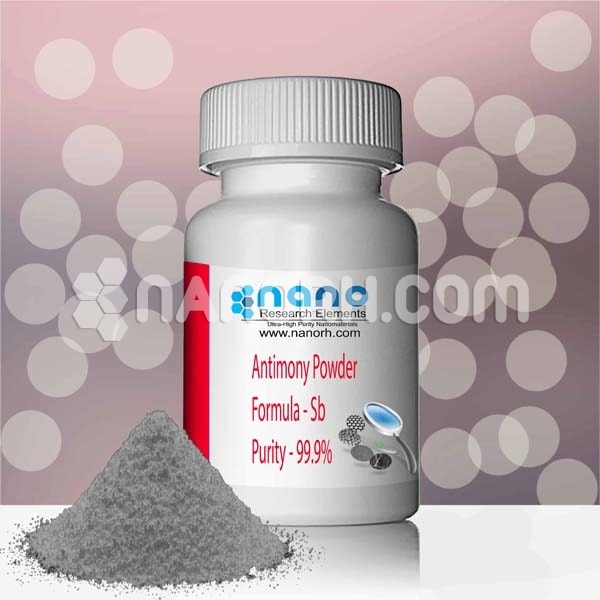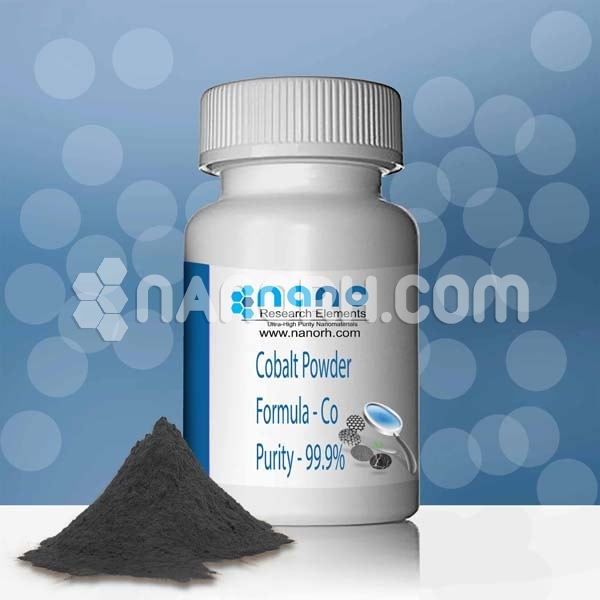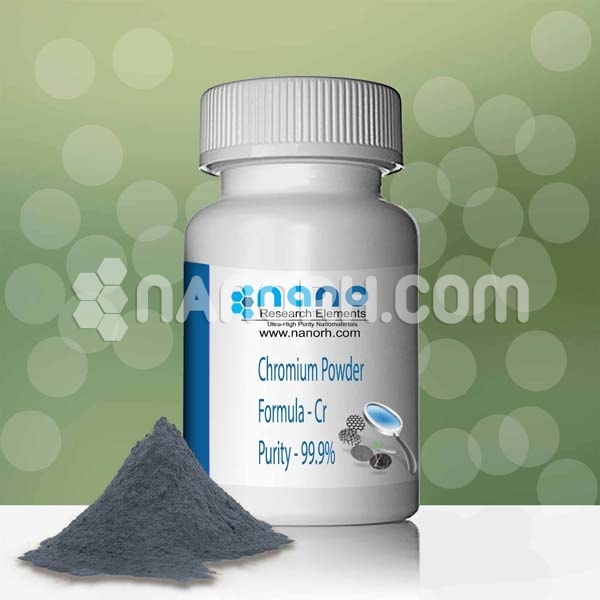Antimony Powder
Antimony Powder
Fining agent; Catalysts; Filler; Flame retardant; Optical materials (with high refractive index); Gas sensors; Humidity sensors; ceramic industry; Doped material for the electronics industry; varistor……
| Antimony Powder | |
| Product No | NRE-8002 |
| CAS No. | 7440-36-0 |
| Formula | Sb |
| Molecular Weight | 121.76 g/mol |
| APS | <40 µm (can be customized) |
| Purity | 99.9% |
| Color | silvery lustrous gray |
| Density | 6.697 g/cm3 |
| Melting Point | 630.63 °C |
| Boiling Point | 1635 °C |
Antimony Powder Applications:
Antimony powder, a fine form of the chemical element antimony, has several applications across various industries due to its unique properties and characteristics. Some of its key applications include:
Fire Retardants: Antimony compounds are commonly used as fire retardants in plastics, textiles, and other materials. They can inhibit the spread of flames and reduce the risk of fires.
Batteries: Antimony is used in certain types of batteries, such as lead-acid batteries, as an alloying agent to improve their performance and durability.
Semiconductor Manufacturing: Antimony is used in the production of semiconductors, particularly as a dopant in silicon wafers to modify their electrical properties.
Paints and Pigments: Antimony compounds are used in the manufacturing of paints and pigments, often as a white pigment or as a color stabilizer.
Glass Production: Antimony oxide is employed in the glass industry to decolorize and refine glass, making it clearer and more transparent.
Ceramics: Antimony compounds can be used in ceramic glazes to create colors, improve hardness, and enhance other properties.
Alloys: Antimony is used in the production of various alloys, including type metal, which is used in the printing industry, and Babbitt metal, used in bearings.
Pyrotechnics: Antimony is utilized in the production of fireworks and pyrotechnics to create dazzling effects and colors.
Textile Industry: Antimony compounds can be used in the textile industry as flame retardants for fabrics and other materials.
Medicine: Historically, antimony compounds were used in traditional medicine, although their use has declined due to safety concerns. Some antimony compounds have been used to treat parasitic infections.
Metallurgy: Antimony can be used as a hardening agent in alloys, improving the mechanical properties of metals like lead and tin.
Catalysis: Antimony compounds can act as catalysts in certain chemical reactions, including the production of plastics and polyesters.



